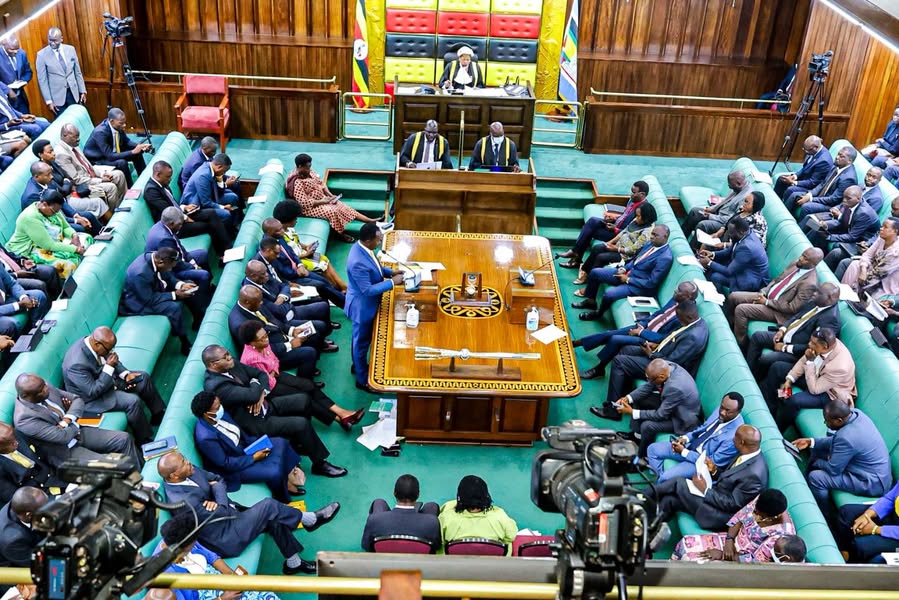A majority of Members of Parliament on the joint committee of Legal and Parliamentary Affairs and Defence and Internal Affairs have endorsed proposed amendments to the Uganda People’s Defence Forces Act, 2005, which seek to reintroduce the trial of civilians in military courts.
This comes after the Supreme Court, on January 31, 2025, ruled that trying civilians in military courts was unconstitutional.
The ruling led to the withdrawal of the initial UPDF Amendment Bill that had been tabled in Parliament in December 2024.
Despite this, the provision was reintroduced in a revised version of the bill, which was referred to the two parliamentary committees last week for scrutiny.
In a report presented to Parliament today, the majority of committee members, who are predominantly from the ruling National Resistance Movement, supported the proposed amendment with slight modifications.
The report argues that while military courts primarily serve members of the defence forces, they also address matters of national security that can involve civilians.
It further asserts that civilians who engage in activities that threaten national security may be subject to military jurisdiction, provided the process upholds fairness.
The committee maintained that exceptional circumstances can justify such trials.
However, it noted that the term exceptional circumstances, as presented in the bill, is vague and requires clearer definition to prevent potential abuse.
The committee emphasized the need to revise certain provisions to align with legal principles and ensure accountability.
Two minority reports were also presented in opposition to the proposed changes.
One was authored by Erute South MP Jonathan Odur, while the other was signed by 13 out of 21 MPs, led by Busiro East MP Medard Lubega Sseggona.
In his report, MP Odur stated that the bill is flawed both legally and procedurally.
He argued that Parliament’s consideration of provisions allowing the trial of civilians in military courts undermines the rule of law and violates the principle of separation of powers among the Executive, Legislature, and Judiciary.
The bill now awaits further debate on the floor of Parliament, where it is expected to draw continued controversy.
By Francis Lubega
20th May 2025
END

